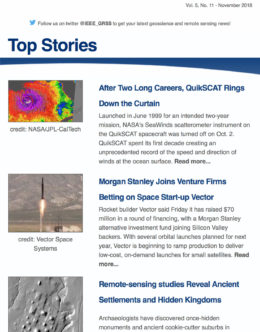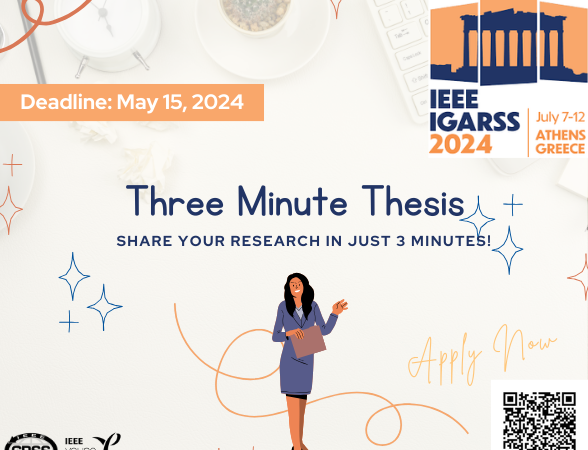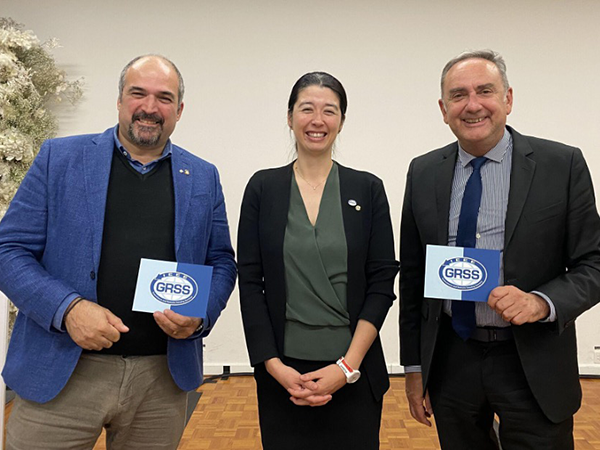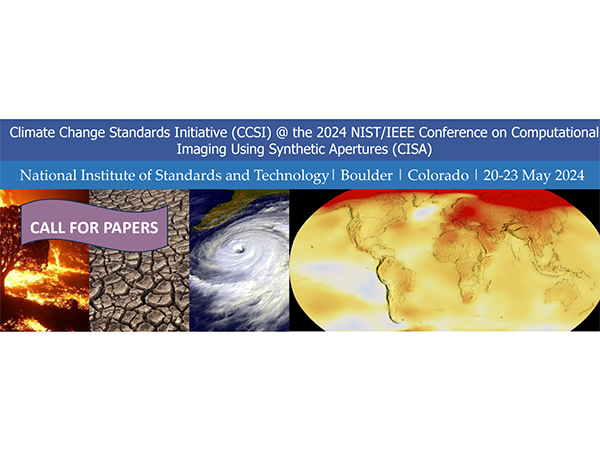Context Based Estimation of Class Priors for Improving Performance of Classifiers with Large Number of Classes
About the Webinar
Modern classifiers can be trained to recognize thousands of classes but are likely to encounter only a subset of these in any given deployment. Unlike humans, most classification strategies do not learn to utilize the context of the deployment (i.e. the likelihood of class occurrence in a given setting) to influence the decision strategy. To address this issue, we describe a method for estimating the prior probabilities for each class based on the observed histogram of the classifiers’ decisions over time. Specifically, we propose an architecture where a high performance general purpose network (referred to as the generalist) estimates class distribution priors ”on-the- fly”, which are then used to influence the decisions of a computationally smaller guided network. We show that the resulting system dynamically adapts to the context of the deployment scenario and demonstrates improvements in overall accuracy and processing efficiency. Since the deployment context and class distributions can change over time, we propose a method by which context drift can be detected by the increase of entropy of the prediction vector so that the network can adaptively estimate class priors. Results are shown for CIFAR-100 and the xView overhead imagery datasets.
About the Speaker


Dr. Abhijit Mahalanobis is currently an Associate Professor in the Department of Electrical and Computer Engineering at the University of Arizona. His primary research areas are in machine vision and computational imaging. He has over 180 journal and conference publications in these areas. He also holds six patents, co-authored a book on pattern recognition, contributed several book chapters, and edited special issues of several journals. Abhijit completed his B.S. degree with Honors at the University of California, Santa Barbara in 1984. He then joined the Carnegie Mellon University and received the MS. and Ph.D. degrees in 1985 and 1987, respectively. Prior to joining UCF, Abhijit was a faculty at the University of Central Florida in the Center for Research in Computer Vision (CRCV). He was also a former Senior Fellow at Lockheed Martin in Orlando, and worked at Raytheon in Tucson before that. Abhijit was elected a Fellow of SPIE in 1997, and a Fellow of OSA 2004 for his work on optical pattern recognition and automatic target recognition. He was elected Fellow of IEEE in 2015 for his work on the theory of correlation filters.




























